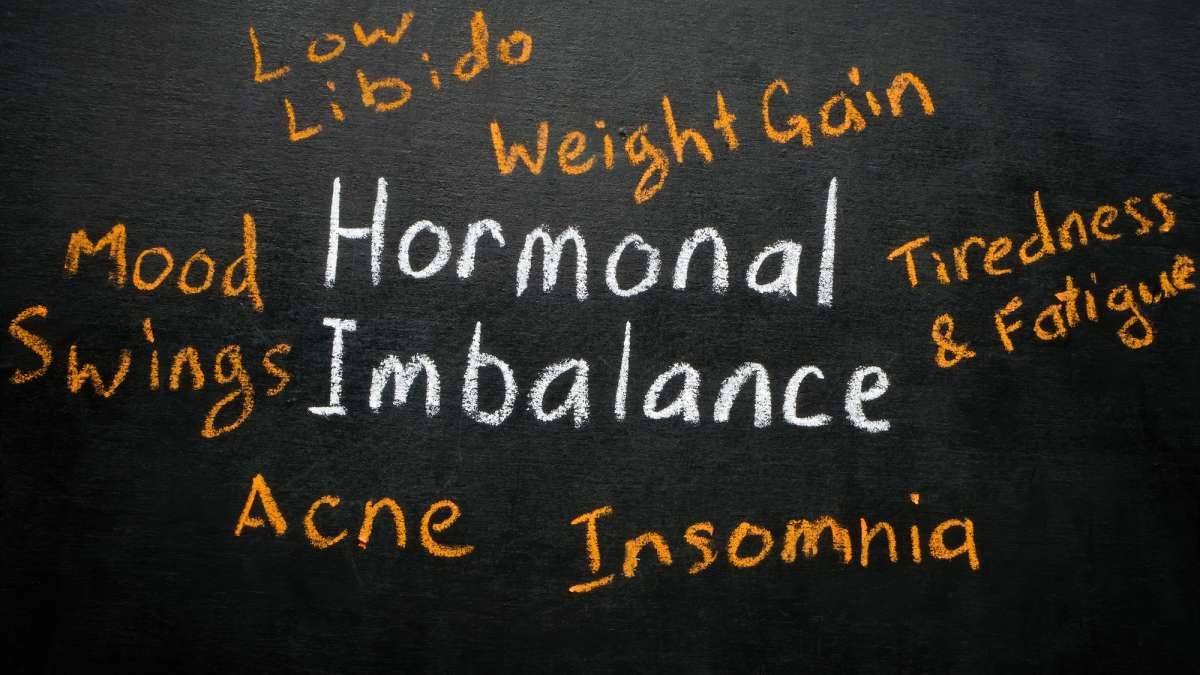Hormonal imbalances occur when there's too much or too little of a hormone in the bloodstream. Even slight disruptions can lead to significant health issues. In recent years, these imbalances have become more prevalent. Let's explore six primary causes behind this trend:
1. Chronic Stress: Ongoing stress prompts the body to produce excess cortisol, the stress hormone. Elevated cortisol can interfere with the balance of other hormones, leading to issues like fatigue, weight gain, and mood swings.
2. Poor Diet: Consuming high amounts of processed foods, sugars, and unhealthy fats can disrupt hormone production. A lack of essential nutrients impairs the body's ability to maintain hormonal balance, potentially causing conditions like insulin resistance.
3. Sedentary Lifestyle: Lack of regular physical activity contributes to hormonal imbalances. Exercise influences hormone health by enhancing hormone receptor sensitivity, aiding in nutrient delivery and hormone signaling.
4. Environmental Toxins: Exposure to pollutants, pesticides, and endocrine-disrupting chemicals found in plastics and personal care products can mimic or block natural hormones, leading to imbalances.
5. Aging: As individuals age, natural hormonal fluctuations occur. For example, menopause leads to decreased estrogen levels in women, while aging in men can result in lower testosterone levels, both contributing to hormonal imbalances.
6. Medical Conditions and Medications: Certain health issues, such as thyroid disorders or diabetes, and the use of specific medications can disrupt the body's hormonal equilibrium. It's essential to consult healthcare providers about potential side effects of treatments.
Strategies to Maintain Hormonal Balance:
- Balanced Diet: Incorporate whole foods rich in fiber, healthy fats, and lean proteins to support hormone production. Limiting sugar and processed food intake is also beneficial.
- Regular Exercise: Engage in both strength training and cardiovascular activities to promote optimal hormone function.
- Stress Management: Practice relaxation techniques such as meditation, deep breathing, or yoga to reduce stress levels.
- Adequate Sleep: Aim for 7-9 hours of quality sleep each night, as sleep plays a crucial role in hormone regulation.
- Limit Exposure to Toxins: Choose natural or organic personal care and household products to reduce contact with endocrine disruptors.
- Regular Medical Check-ups: Monitor health regularly and discuss any concerns with a healthcare provider to detect and address hormonal imbalances early.
By understanding these causes and implementing proactive strategies, individuals can work towards maintaining hormonal balance and overall well-being.
Please follow for more.


